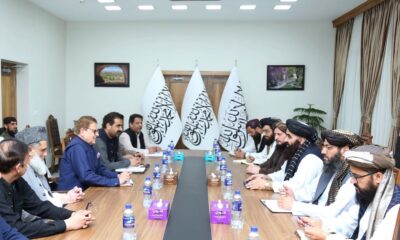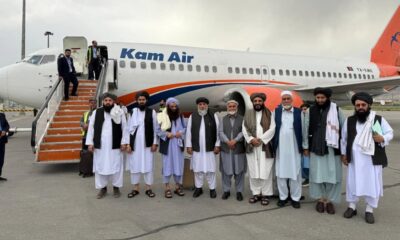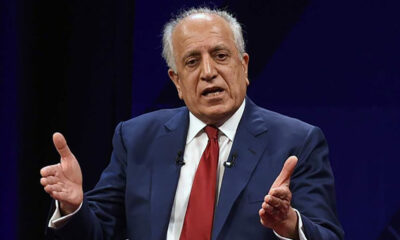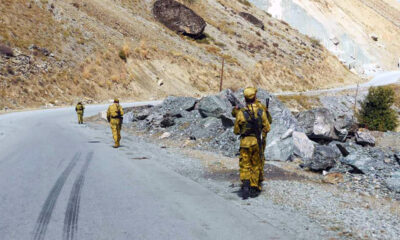Latest News
UN chief urges action to prevent economic collapse in Afghanistan

UN Secretary General Antonio Guterres on Saturday called on the international community to urgently inject some cash into Afghanistan, saying it would be disastrous if the country’s economy collapsed.
In an interview with Al Jazeera, Guterres said currently “millions and millions of people (are) on the verge of dying because of hunger”.
Should the economy collapse, “it would be a total disaster; it would be lots of people dying and I believe a massive outflow into the neighboring countries with horrible consequences for the stability of those countries, so I think it’s very important to avoid that collapse.
“I’ve been saying that humanitarian aid is essential but at the same time it’s necessary, and of course there are ways to do so even in respect for international law, it’s essential to inject some cash to allow the Afghan economy to breathe and to avoid the kind of collapse that would have devastating consequences,” he said.
Guterres’ statement comes amid a cash flow crisis in Afghanistan. Essentially a dollarized nation under the former government, weekly shipments of US dollars stopped the day the Islamic Emirate took over Kabul – on August 15.
Since then, severe weekly limits have been imposed by banks on cash withdrawals for individuals, foreign reserves have been frozen, and the International Monetary Fund and World Bank also stopped loans.
Guterres said: “It’s our duty to do everything possible to support the Afghan people and to help create the conditions for those concerns that everybody has about terrorism, about human rights, about inclusivity, to materialize.”
He also stated that the “situation is unpredictable” but added the UN is working with the Islamic Emirate to allow for humanitarian aid to be distributed to the people.
He said that is would be a “disaster if terrorist organizations could operate again from Afghanistan.”
Guterres also noted that it was important for the Islamic Emirate to “understand the importance of an inclusive government that takes into account the diversity of the different groups [in the country]” and to respect basic human rights.
Asked about what he thought went wrong in Afghanistan, Guterres said the first problem was the “idea that the Afghan people can be ruled from outside.”
He said the British and the former Soviet Union had both tried to do this in the past, but both had failed.
The Afghan people are “very proud and they have lots of problems among themselves but they have even more problems with the idea that they can be dominated from the outside”, he said.
He also said he felt there had been too much “military action and not enough support to building institutions.”
According to him, the former Afghan leaders were divided – singling out the two past elections that had both been contested.
He said the election system adopted for Afghanistan “that was a unitary system was not the most adequate for a country that is so decentralized”.
“The truth is that there was a huge dysfunctionality in the government and we have seen it in relations of the president; and the international community looked at it without any capacity to really allow things to improve and so all these fragilities accumulated and in the end what we had, and we had it in a very chaotic way that nobody was forecasting.
“I don’t know what’s going to happen; as I said the situation is unpredictable but i think that there is at least a part of the leadership of the Taliban (Islamic Emirate) that would like to have Afghanistan as a country recognized by the international community and would be ready to pay a price for that,” he said.
Latest News
Muttaqi voices concern over Pakistan’s forced expulsion of Afghan refugees
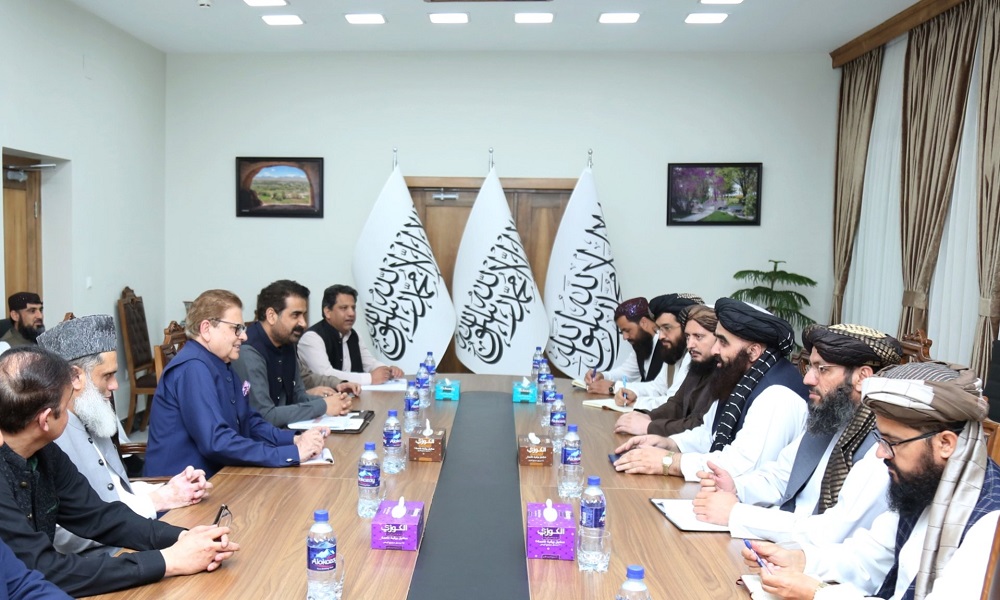
Acting Foreign Minister Amir Khan Muttaqi on Wednesday expressed his deep concern over the state of relations between Kabul and Islamabad during a meeting with Pakistan’s Special Representative for Afghanistan Mohammad Sadiq.
Sadiq, who is leading Islamabad’s delegation, is in Kabul for the 7th session of the Afghanistan-Pakistan Joint Coordination Committee (JCC) meeting.
The meeting comes amid growing tensions between the two countries, with Afghan refugee deportations and skirmishes along the border.
Pakistan, which has seen an increase in security incidents in the past few years, has also repeatedly accused the Islamic Emirate of allowing militant groups to operate from Afghanistan.
Zia Ahmad Takal, head of public relations at the Ministry of Foreign Affairs, said in a statement on Wednesday that Muttaqi “expressed his deep concern over the state of relations between Kabul and Islamabad”, particularly regarding the forced deportation of Afghan refugees.
Muttaqi emphasized that both countries should resolve their issues through dialogue in an atmosphere of mutual trust and avoid actions or statements that may lead to public resentment or provoke emotions.
Sadiq in turn noted that the two neighboring countries share deep ties and should explore ways to resolve the challenges that have arisen.
Latest News
Acting Minister of Industry and Commerce heads to Pakistan
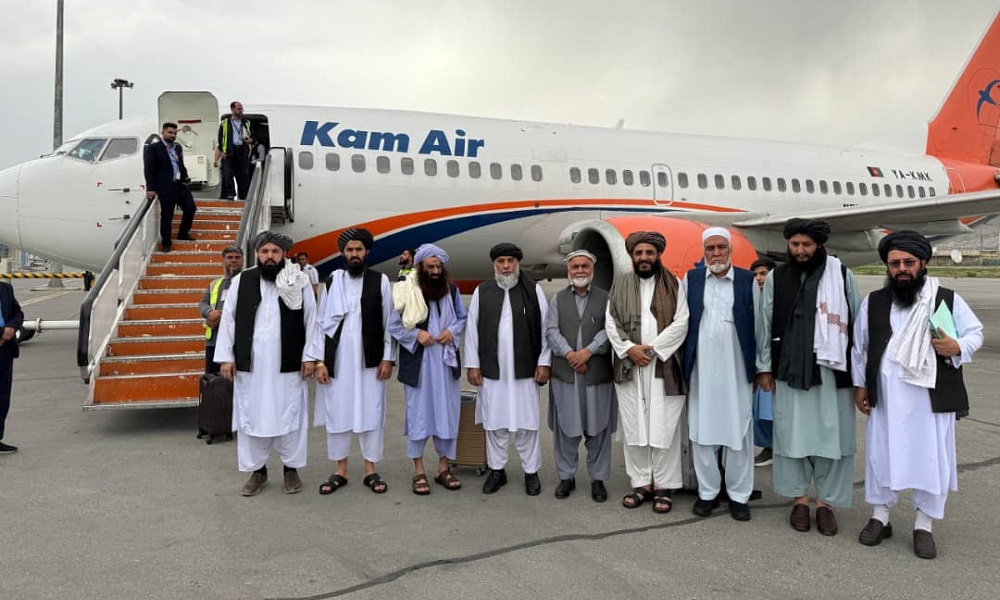
Nooruddin Azizi, the Acting Minister of Industry and Commerce of the Islamic Emirate of Afghanistan, and a high-ranking delegation, has left for Pakistan for talks on various issues.
According to a statement issued on Wednesday, the Ministry of Industry and Commerce stated that the purpose of this trip is to assess and resolve existing obstacles in trade, transit, and transportation between the two countries, as well as to hold discussions regarding the challenges faced by Afghan refugees residing in Pakistan.
The high-level delegation led by Azizi includes representatives from the office of the Economic Deputy Prime Minister, the Investment Facilitation Directorate of the Administrative Office, and the Ministries of Foreign Affairs, Finance, Refugees and Repatriation,
Latest News
Khalilzad says Pakistan might be using migrant expulsions to infiltrate ISIS into Afghanistan
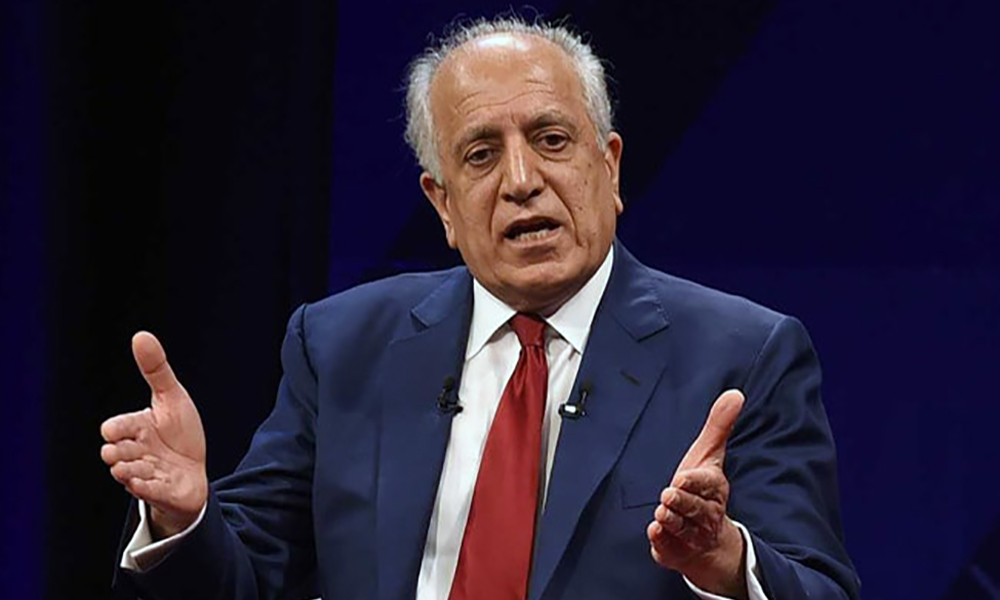
Washington’s former special envoy to Afghanistan, Zalmay Khalilzad, said in a social media post on Wednesday that he is concerned Pakistan might be using the expulsion of refugees as a cover to send in ISIS fighters into Afghanistan.
In a post on X on Wednesday, April 16, Khalilzad said: “Knowledgeable people tell me that they are concerned that the Pakistan establishment might well be using the expulsion of Afghan refugees as a cover to send ISIS terrorists to Afghanistan. I share this concern.”
Khalilzad did not elaborate further, nor did he clarify who the “knowledgeable people” were.
The Islamic Emirate has long been known to fight ISIS and has in the past accused Pakistan of supporting the militant group.
In January, Afghanistan’s deputy minister of foreign affairs said ISIS was operating training centers in Pakistan.
Khalilzad’s remarks come amid intensified efforts by Pakistan to deport hundreds of thousands of Afghan refugees in the country.
Pakistan began deporting undocumented Afghans in October 2023 but following a directive in December, authorities ramped up the deportations from April 1. In the first two weeks of this month over 45,000 Afghans returned.
-
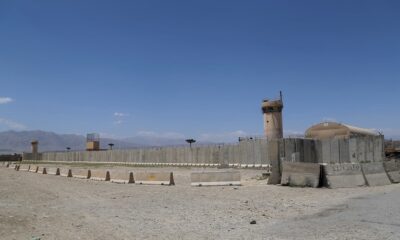
 Latest News5 days ago
Latest News5 days agoNo American military presence in Bagram: US defense official
-
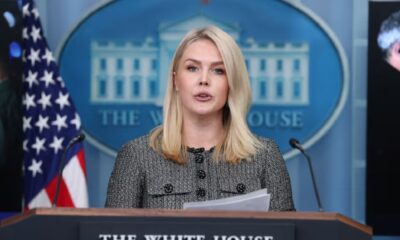
 World5 days ago
World5 days agoWhite House says ‘all hell to pay’ should Iran develop nuclear weapon
-

 Latest News5 days ago
Latest News5 days agoTrump ends protected status for thousands of Afghans, Cameroonians
-

 Latest News5 days ago
Latest News5 days ago‘No one wants to see a nuclear-armed Iran,’ says former US ambassador to Afghanistan
-
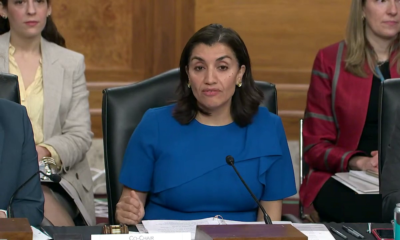
 Latest News4 days ago
Latest News4 days agoUS Senate convenes commission to review early years of Afghanistan war
-
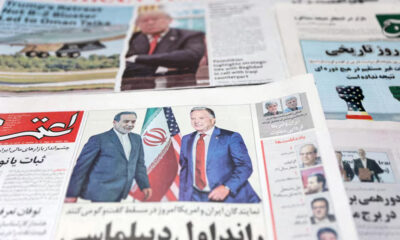
 Regional4 days ago
Regional4 days agoIran, US hold ‘positive’ talks in Oman, agree to resume next week
-
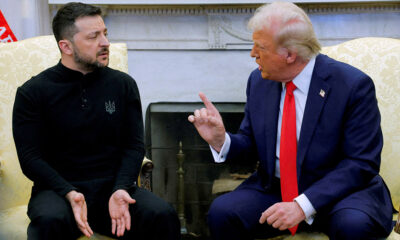
 World4 days ago
World4 days agoTrump says Ukraine talks may be going OK, but there is a time ‘to put up or shut up’
-

 Latest News4 days ago
Latest News4 days ago6.1-magnitude earthquake shakes northern Afghanistan


